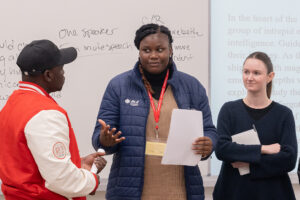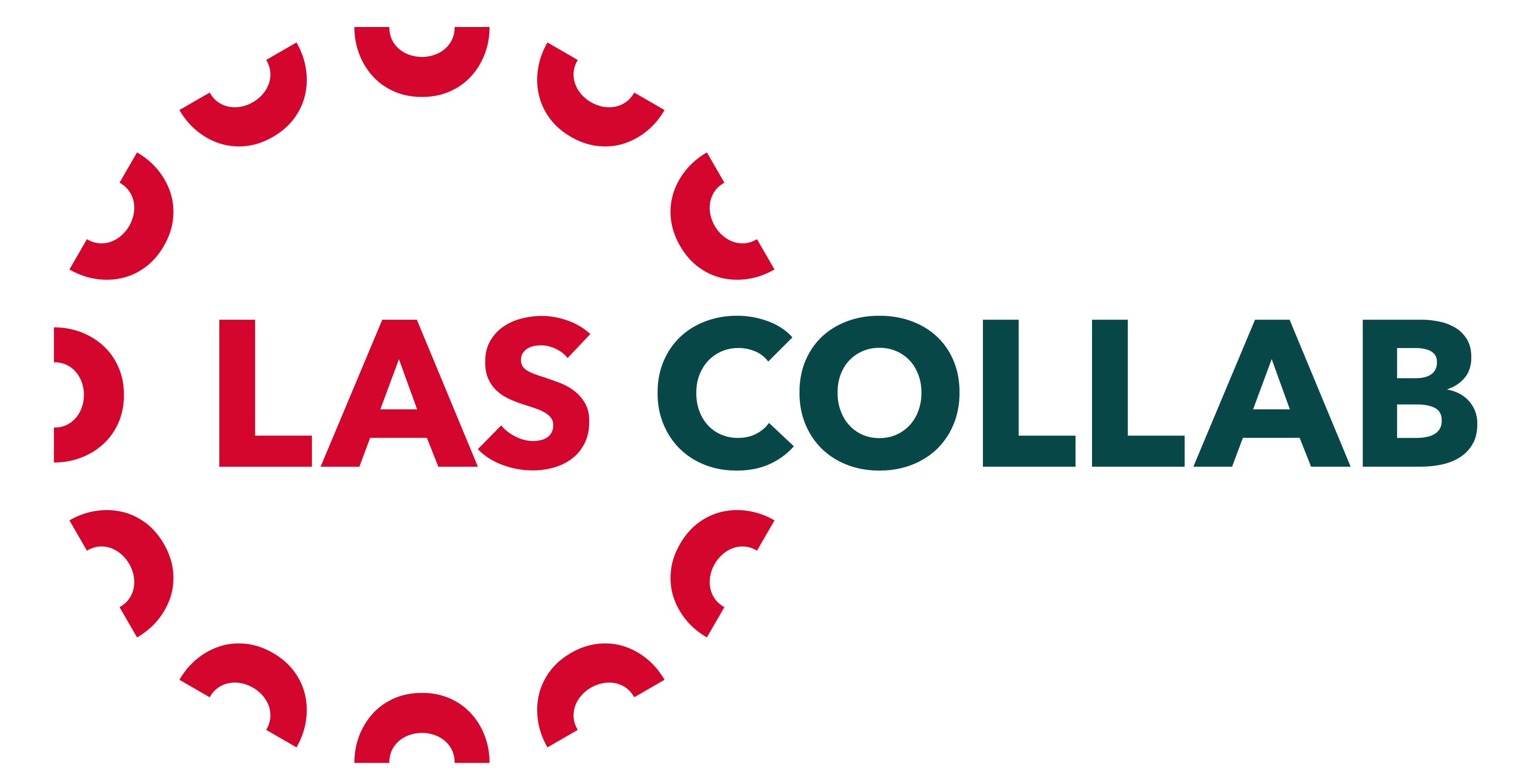“The Things that Machines Cannot Do”: Reframing Undergraduate Education for the 21st Century

James Carson, professor of history at Queen’s University in Ontario, Canada, says learning how to think critically is one of the most important skills a student can obtain in an era marked by workforce precarity. He also thinks that earning a degree in liberal arts and sciences is the best way to do that.
Speaking at a recent discussion sponsored by the Liberal Arts and Sciences Collaborative (LASC), Carson explains how the interdisciplinary approach of liberal arts and sciences education helps students develop the “knowledge creation” skills that will set them apart in a world increasingly shaped by technology.
Over the next ten to fifteen years, 40% of existing jobs are expected to vanish, due to the rise of artificial intelligence and automation driven by the data revolution, according to Carson. In addition, recent university graduates will, over the course of their lives, change their careers five times and their jobs 17 times. Carson has highlighted all of this in his influential 2022 article “Re-thinking a Bachelor of Arts for the 21st-Century Precariat.”
“The skills that will still be in demand and remain in demand are critical thinking, a personal capacity to evaluate information, and the abilities to communicate and to interpret,” says Carson. “Basically, the things that machines cannot do. These are the fundamental skill sets of the liberal arts program,” Carson observes.
Carson says factors such as the gig economy, the control of algorithms, and the shifting nature of pay and benefits, contribute to precarity as the defining feature of employment for the new working class. On a global scale, this scenario forces students to choose between a vocational degree for supposed employability or the more broad-based liberal arts degree. The self-contained vocational disciplines that dominate most university curricula also fail to adequately address the serious problems the world is experiencing.
“I don’t favor vocational degrees because I don’t think they lead to the kind of long-term robustness and skill set that students will need,” Carson says. “A broad education focuses you to teach yourself to learn, which gives you a skill set that is going to remain in demand as the world of work changes.”
Carson observes that the shift in undergraduate education towards employability also yields a civic deficit, which LAS education can address. However, in order to better achieve this, Carson argues that LAS education must be decolonized. “The liberal arts was always understood not only as an academic discipline but also as a moral foundation for engagement with the world. That moral foundation was tainted by colonialism because disciplines tend to have grown out of colonization, imperial invasion, and conquest. So there needs to be a substantial decolonization process…” he adds.
“The key to understanding the real value of a BA in LAS education is to recognize we are not only studying a subject but also learning how to use these unique bodies of sources and materials. We learn how to read critically, synthesize information, find patterns, and distill this into something we can talk about,” says Carson.
